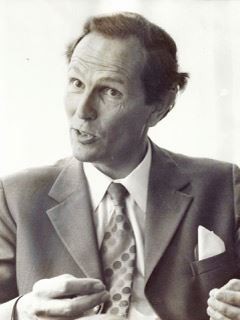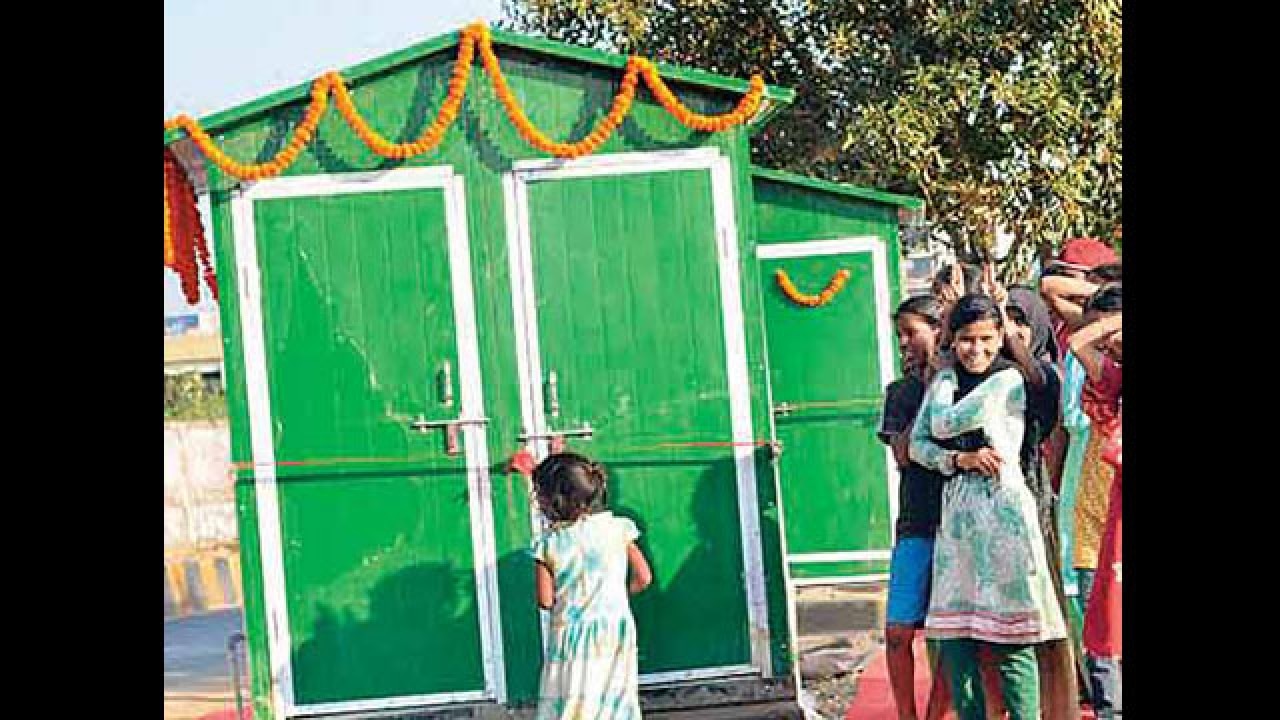
- Select a language for the TTS:
- UK English Female
- UK English Male
- US English Female
- US English Male
- Australian Female
- Australian Male
- Language selected: (auto detect) - EN
Play all audios:
1923-2020 Paul Bramley died peacefully on Sunday 7 June 2020, aged 97, having had a long and distinguished career in maxillofacial surgery. He tirelessly worked to raise the standards of
professional education and practice, both nationally and internationally. Paul was Professor of Dental Surgery at the University of Sheffield, 1969-88, and Dean of the School of Clinical
Dentistry, 1972-75. He was a member of the Royal Commission on the NHS, 1976-79, and served as Dean of the Faculty of Dental Surgery in the Royal College of Surgeons (RCS), 1980-83. In 1984,
Paul's service to dentistry was recognised by a knighthood, and in 1988 he received the prestigious Colyer Gold Medal from the RCS's Faculty of Dental Surgery. He became National
President of the British Dental Association, 1988-89. He was an external examiner to the RCS, dental professional bodies, and many universities at home and abroad. He received honorary
degrees from Birmingham, Sheffield and the Prince of Songkla University, Thailand. He published extensively in professional journals and in 1989 he jointly authored (with J. Norman) a
definitive book on the temporomandibular joint. Paul was born in Leicester and attended Wyggeston Grammar School. He became a keen and accomplished rugby player. He was a bright boy but
whilst many of his school friends were choosing medicine at the age of 16, he preferred dentistry, thinking it might be an easier option! At the time, he was advised by a local youth leader,
a dentist, to go ahead with dentistry and also to read medicine. Consequently, Paul arrived at Birmingham University aged 17, soon after the outbreak of the Second World War, to study
dentistry for five years. He captained the University rugby team and was capped for the English Universities. His ambition to read medicine after qualification was thwarted when he was
called up to the Army Dental Corps. He spent two years as dental officer to the 6th Airborne Division in Palestine and had to 'jump' many times! After this he resumed his medical
course at Birmingham but in addition to studying kept himself busy by running a dental practice at evenings and weekends. In 1951, in his last year of medicine, he went on a climbing holiday
in the Lake District where he met Morag, a medical student in Glasgow. Her ambition was to serve as a missionary for the Church of Scotland. They soon married and three months later he
joined her, running a 100 bed hospital in a remote area of Kenya as locum doctors. They had to do everything including 'wildly heroic surgery and primitive anaesthesia'. It taught
them both self-reliance and the ability to adapt in hair-raising situations. After a year they returned to the UK to start a family, and the same combination of skills and expertise Paul had
gained in Kenya led to a consultancy in oral surgery, which he coupled with the Directorship of Orthodontics and Oral Surgery at Plymouth General Hospital. He served in this capacity in the
South West for 15 years. He became a lay reader in the Anglican Diocese of Winchester, adding another dimension to his concept of service. Near their home was a new housing estate which had
no active church life so Paul and Morag started a Sunday School and before long had 300 children attending with 20 volunteer teachers. He described it as the most rewarding experience of
his life and the best preparation for a university teacher! After this they moved to a remote house on Dartmoor for five years with their growing family and to Sheffield in 1969, when Paul
became Professor of Dental Surgery. In retirement, both Paul and Morag were typically very active. Initially, Paul kept his professional connections as a director of the Medical Protection
Society and Chairman of Dental Protection Ltd. They were faithful and active members of Hathersage Parish Church. They took great interest in the arts and music and enjoyed extensive travel.
Paul experimented in sculpting the heads of colleagues and even found time to compile and edit raw accounts of the realities of the next stage of life: _Doing anything after work?… What
about retirement?_ Their 12 grandchildren and 11 great grandchildren have been a joy. Sadly, Morag died three years ago. He missed her greatly but until recently lived independently with
typical fortitude. His many friends and colleagues regarded him as a man of great integrity, determination and courage but also a person of striking humility. His abiding interest was in
other people rather than himself. Many a former student and others have said how he generously mentored and guided them in their careers. A fitting tribute to a modest man of considerable
achievements. BY JEAN PENMAN RIGHTS AND PERMISSIONS Reprints and permissions ABOUT THIS ARTICLE CITE THIS ARTICLE Sir Paul Anthony Bramley. _Br Dent J_ 229, 519 (2020).
https://doi.org/10.1038/s41415-020-2287-y Download citation * Published: 23 October 2020 * Issue Date: October 2020 * DOI: https://doi.org/10.1038/s41415-020-2287-y SHARE THIS ARTICLE Anyone
you share the following link with will be able to read this content: Get shareable link Sorry, a shareable link is not currently available for this article. Copy to clipboard Provided by
the Springer Nature SharedIt content-sharing initiative
